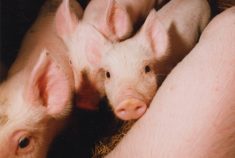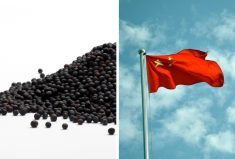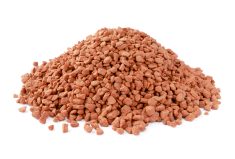sao paulo /reuters Brazilian miner Vale SA said March 11 it is suspending investments in its $6-billion Rio Colorado potash project in Argentina that has been plagued with cost overruns.
The company said in a press statement that the project was not “in line with Vale’s commitment to discipline in capital allocation.” Vale had put the project under formal review in December, the results of which were presented to shareholders today for a decision on whether to suspend investments indefinitely.
Read Also

Mazergroup’s Bob Mazer dies
Mazergroup’s Bob Mazer, who helped grow his family’s company into a string of farm equipment dealerships and the main dealer for New Holland machinery in Saskatchewan and Manitoba, died July 6 from cancer.
Vale posted its first quarterly loss in 10 years last month, taking a $5.7-billion hit from money-losing operations. Though the world’s second-largest mining company says it remains committed to the fertilizer sector, it is part of a broader shift among miners away from less profitable assets in the face of lacklustre metals prices.
Kostyshyn says COOL changes will only make a bad situation worse
Proposed changes to the U.S. country-of-origin labelling (COOL) regulations are a step backwards, says Ron Kostyshyn, minister of Manitoba Agriculture, Food and Rural Initiatives.
“Manitoba hog and cattle producers have already been hit hard by COOL regulations in the United States and these proposed measures will increase discrimination against livestock from Manitoba,” said Kostyshyn.
“Imposing more barriers and costly changes on U.S. processors who rely on the Canada-U.S. livestock sector is bad for both countries’ economies.”
The proposed changes don’t address the World Trade Organization ruling last year that COOL discriminates against exports of Canadian livestock, he said. In fact, the proposed changes will make the COOL system even more complicated, Kostyshyn said.
He said he expressed his concerns to U.S. agricultural officials and industry representatives during a trade mission to Minneapolis last week.


















